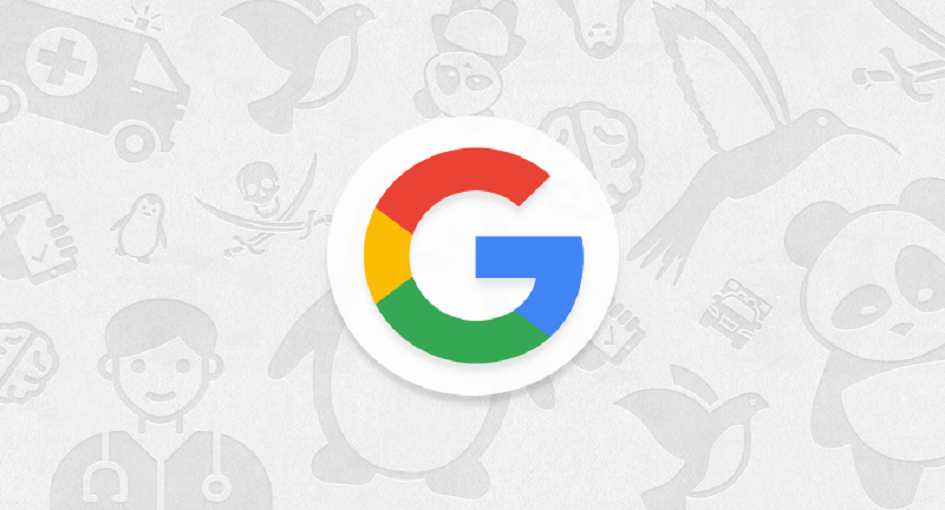
The ever-evolving landscape of online marketing and SEO is poised for significant changes in 2023. As we dive into the new year, brands must stay ahead of the curve. Explore the anticipated Google algorithm and AI updates that will impact how brands navigate the digital sphere. These updates are poised to reshape the strategies necessary for achieving success in the world of online branding.
In 2023, Google’s Core Web Vitals and Page Experience update will continue to hold prominence. These metrics assess the user experience on websites, taking into account loading speed, interactivity, and visual stability. Brands must prioritize optimizing their websites to meet these standards to maintain or improve their search rankings.
AI-driven content generation is set to play a more substantial role in content marketing. Machine learning models can now produce high-quality and Google algorithm, relevant, and engaging content, reducing the time and effort required for content creation. Brands can leverage these tools to enhance their content marketing efforts while maintaining quality.
Voice search is becoming increasingly popular, and brands must adapt their SEO strategies to cater to this trend. Natural language processing and AI-driven voice recognition technology will impact how search engines understand and rank voice queries. Brands should consider conversational content and long-tail keywords in their SEO efforts.
AI-powered personalization is advancing rapidly. Brands can utilize AI algorithms to analyze user data and tailor marketing messages, products, and services to individual preferences. This level of personalization can significantly improve customer engagement and drive conversion rates.
AI chatbots are set to become even more intelligent and capable in 2023. Brands can use AI chatbots to provide instant, 24/7 customer support, answer inquiries, and offer personalized recommendations, enhancing the overall customer experience.
Video content continues to dominate online platforms, and Google recognizes its significance. Brands should focus on optimizing video content for search engines, including video descriptions, captions, and relevant keywords. Google’s algorithms will increasingly reward high-quality video content.
Mobile devices are the primary means of internet access for many users. Google’s mobile-first indexing prioritizes mobile-friendly websites in search results. Brands should ensure their websites are mobile-responsive and Google algorithm provide a seamless user experience on smartphones and tablets.
Google places a strong emphasis on E-A-T when evaluating websites and content. Brands must establish themselves as credible authorities within their niche, emphasizing the expertise, authoritativeness, and trustworthiness of their content and online presence.
Local SEO continues to be crucial, especially for brick-and-mortar businesses. Brands should optimize their online profiles for local search, solicit customer reviews, and focus on geotargeting to attract nearby customers. Google’s algorithms are becoming more location-aware, rewarding businesses with a strong local presence.
Brands need to prioritize website accessibility and inclusivity. Google’s algorithms consider factors such as alt text, captions, and other accessibility features when ranking websites. Ensuring that your online content is accessible to all users is not only ethical but also essential for SEO.
Rich snippets and schema markup enhance the visibility of search results. Brands can use structured data to provide additional information in search results, such as ratings, prices, and event details. Optimizing for rich snippets can improve click-through rates and user engagement.
User data privacy and security have become paramount. Google has been placing greater importance on secure websites and data protection. Brands must ensure their websites are secure, utilize HTTPS, and comply with privacy regulations like GDPR.
AI-driven advertising is becoming more prevalent. Machine learning algorithms can optimize ad campaigns, target audiences more effectively, and adjust bids in real-time. Brands should explore AI-powered advertising platforms to maximize their ROI.
Visual and image search is gaining traction as technology improves. Brands can benefit by optimizing their visuals and images for search engines. This involves using descriptive file names, captions, and metadata to make images more discoverable. With AI, visual recognition tools are becoming more adept at identifying objects and scenes in images, making them a valuable asset for SEO and online marketing.
Google’s algorithms are increasingly rewarding diverse and high-quality content. Brands should focus on producing in-depth, informative, and well-researched content that addresses user queries comprehensively. Diversifying content types, such as infographics, podcasts, and long-form articles, can also help engage a wider audience and improve search engine rankings.
In conclusion, the world of online branding and SEO is on the cusp of significant changes in 2023. Google algorithm updates and the increasing role of AI in digital marketing will require brands to adapt and refine their strategies. Embracing these changes, focusing on user experience, AI-driven personalization, and the evolving landscape of search will be critical for brands looking to thrive in the ever-competitive digital marketplace. Staying informed and proactive in adopting these trends will be the key to success in the year ahead.